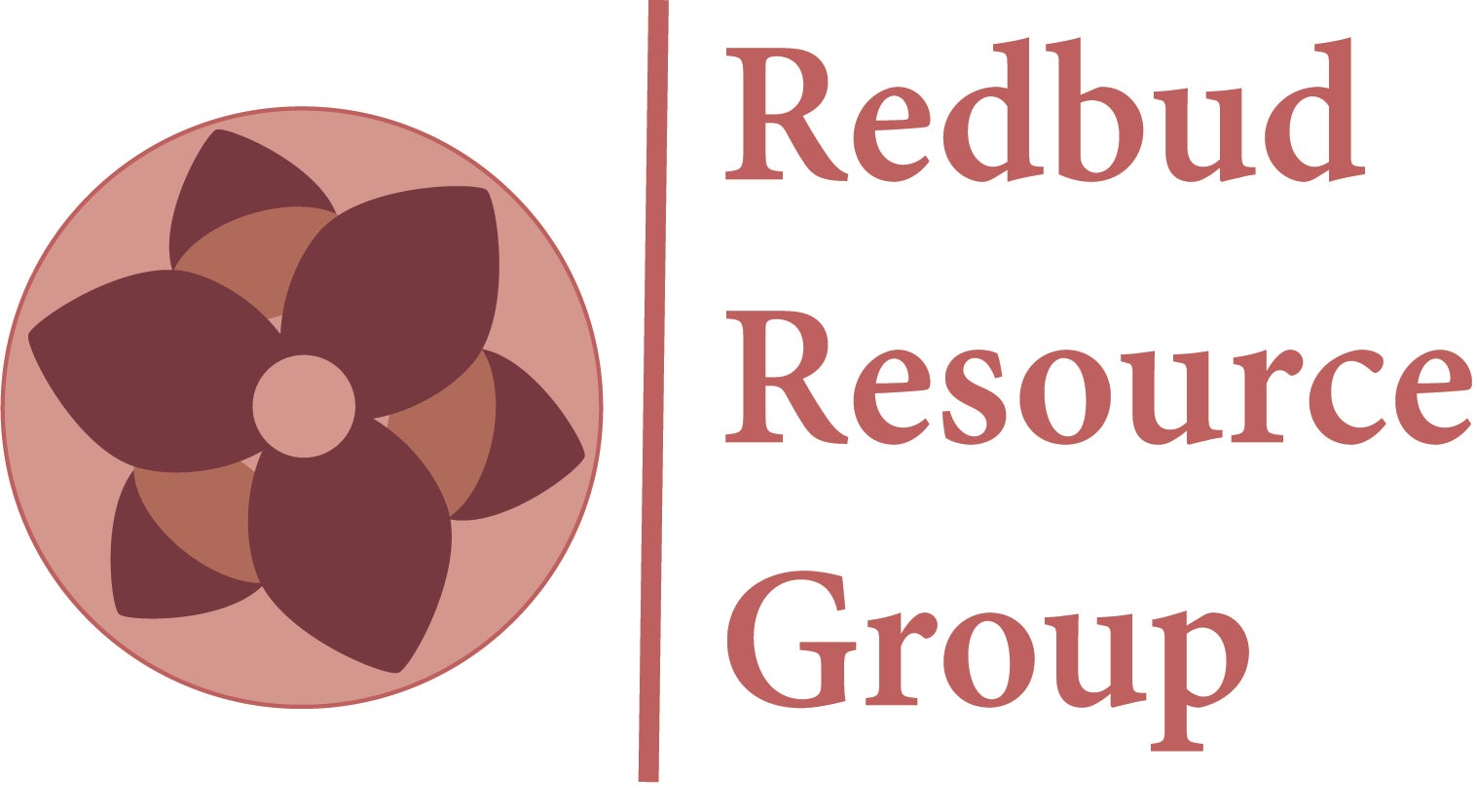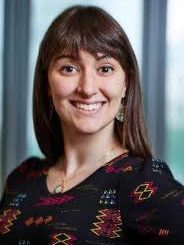Madison Esposito, MPH-HSB ’21, is a citizen of the Tyme Maidu Tribal Nation in California, and her passion lies in understanding how she can support, empower, and improve health and wellness in Native communities. Madison was awarded a Rose Learning Service Fellowship to fund her summer practicum, “California Indigenous History and Wellness Project.” She is also a 2020 Cheng Fellow of the New World Social Innovation Fellowship program at the Social Innovation and Change Initiative (SICI) at Harvard Kennedy School.
First of all, congratulations on your Rose Service Learning Fellowship award! Could you tell us more about your project and how you have become interested in community engagement? How, if at all, has the COVID-19 pandemic changed your practicum plans or objectives?
Thank you so much. I am so honored to be included in the Rose Service-Learning Fellowship and it has truly made my practicum possible. I had a different practicum planned before the Covid pandemic began but that project was cancelled, and I had to scramble to figure out what I would be doing over the summer. I had called my cousin, Taylor Pennewell, to talk about options for what to do when we started talking about the lack of Native visibility throughout the American education system. We both grew up seeing the impact of Indigenous erasure on the health and wellness of our community. This erasure takes many forms, including the 54% of state curricula which omit Native histories, culture, knowledge, and existence from K-12 curriculum. These experiences of erasure, especially at such a young age, threaten the emotional, mental, physical, and spiritual health of Native peoples and have been shown to lead to adverse health outcomes in adults.
Taylor is a primary school educator in California and holds a Masters of Applied Teaching, I have 4 years of biomedical research experience and have worked with many Native governments and stakeholders. Together we decided to create our own curriculum to be distributed throughout our Tribal Nation which would teach high school students about the history and science that contributes to the public health infrastructure of our community. We presented the idea to our Tribal council and received so much support we decided to further our efforts by forming a non-profit, Redbud Resource Group, to ensure our work is supported and has access to additional funding.

Redbud Resource Group
Redbud Resource Group’s purpose is to increase the visibility of Native California. They write, publish, and curate education curriculum to uplift and amplify California Native voices and cultures and foster ally-ship between Native and non-Native communities.
What was your biggest takeaway during your practicum? Did anything especially surprise or challenge you?
Having to do everything through virtual communication was a huge challenge throughout the whole project. Internet connection can be unreliable throughout Indian Country and my reservation is no different. There is also the issue of screen fatigue. Not only were all of our meetings over the computer but then we would sit down and work on the curriculum on the same computer. All of these issues aside, the project has been extremely rewarding. The interest and excitement surrounding this project has also shown us the need for this kind of effort within Indian Country.
Do you have any advice for incoming MPH-HSB-65 students regarding the practicum?
My main piece of advice is to take the time to find a project you are really passionate about, even if that means making your own project from scratch. If you see a need in your community try to focus on it in your practicum. It is also a good idea to find, or think of, a project early on so you can enroll in classes that will help you build expertise you’ll need throughout your practicum.
What do you hope to do after graduating from the MPH-65 program?
After finishing my Masters, I will continue my commitment to Indigenous health by attending medical school and pursuing a PhD in Indigenous Health after which I will return to my community to serve as a physician and a public health specialist.
-Interview by Daniel Choi




